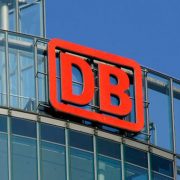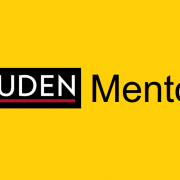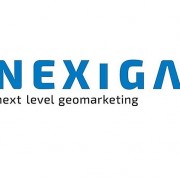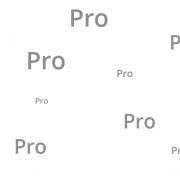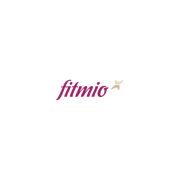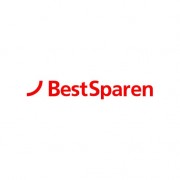We are counting the fourth – now digital – industrial revolution, which is now in full swing. What for a long time remained an abstract term has now found its way into the form of digital transformation across industries – but also in the development of names: The Industry 4.0.
This transformation from analogue to digital also affects one of Germany’s economic pillars, the engineering industry. This new world offers many advantages, for example in the form of digital twins to test innovations for their opportunities and potential risks. Production times are reduced and manufacturing is becoming more efficient and faster overall, while at the same time becoming more flexible and safer. These advantages apply to everyone, both to the industry giants such as Siemens and GE and to the numerous medium-sized companies such as Dürr, Voith, Trumpf or Phoenix Contact.
However, the path from traditional industrial enterprise to industry 4.0 is an elementary process and requires numerous upheavals – both in action and in thinking. New digital platforms offer innovative possibilities for the development of new business fields. These platforms are so important for many companies that they often receive an independent and “different” name. This is often a novelty, as in the past products often only received differentiating type designations. Now, however, these names should also reflect the digital transformation, illustrating innovative power and dynamics. This does not always fit in with the company name.”Companies that still have the digital transformation ahead of them should therefore think carefully about existing and new brands and seek advice, because new approaches also require innovative thinking and impulses from outside,” recommends Markus Lindlar, Managing Director and linguist from NAMBOS.
Siemens, for example, has introduced the Digital Entreprise Suite. This name describes the product and is therefore immediately accessible to the user. On the other hand, however, it only works in combination with the company group name, it does not work alone. A competitor, GE, has gone a step further by calling its platform Predix. The name is somewhat more abstract, although its generic derivation from the term “predict” is still clearly visible. Moreover, it can be used rather detached from the group name and is emotionally charged.
Independent, self-confident and strong, the digital solution of the manufacturer Dürr presents itself under the abstract-looking name Loxeo. This name development by NAMBOS is artificial and forms its own independent brand, yet it can be derived from terms like “look” or “access”. The Voith company has also given its platform its own name, taking up the theme of the digital data cloud. Its platform name OnCumulus is derived on the one hand from the data cloud, and on the other hand from accumulation, the accumulation (of data).
“It is important,” says NAMBOS creation manager Markus Lindlar, “that the new name reflects the digital transformation of the company and also fits in with the company’s future strategy and orientation. This opportunity to start the disruptive processes should also be made clear in such a new product name.

